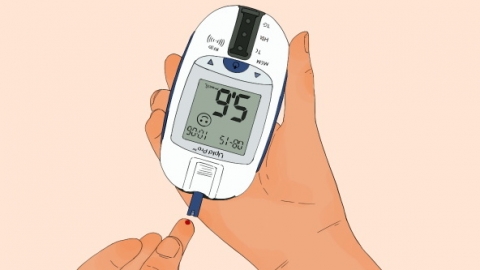Is pear suitable for elderly people to eat?
Generally, elderly individuals with good gastrointestinal function and no cold syndromes can consume pears in moderation. However, those with spleen and stomach deficiency-cold or diabetes should avoid eating pears. Detailed explanations are as follows:

If an elderly person has good gastrointestinal function, without frequent diarrhea or abdominal pain, and their blood sugar levels are within the normal range, they can consume peeled and cubed pears or drink pear juice in small amounts. This can help supplement vitamins and soothe the throat, making it acceptable for consumption.
However, if the elderly person suffers from a weak spleen and stomach, experiences gastrointestinal discomfort after consuming raw or cold foods, eating pears might worsen symptoms such as bloating and diarrhea. Additionally, for individuals with diabetes and significant blood sugar fluctuations, the sugar content in pears may cause elevated blood glucose levels, making pear consumption unsuitable in these cases.
Before giving pears to elderly individuals, it is important to understand their health status, control the portion size, and尽量 avoid raw consumption. If gastrointestinal discomfort or abnormal blood sugar occurs after eating pears, consumption should be stopped immediately and symptom changes should be closely observed.




